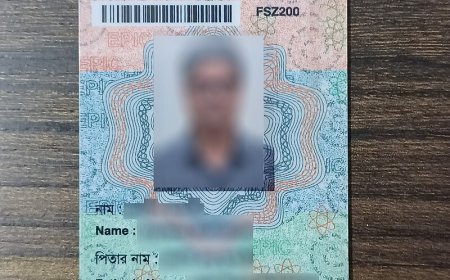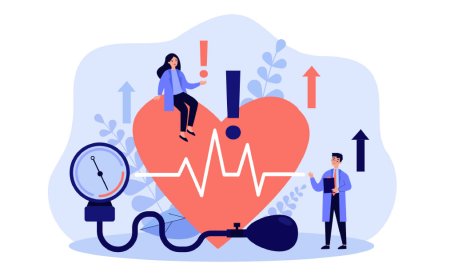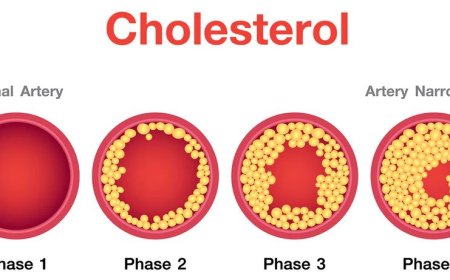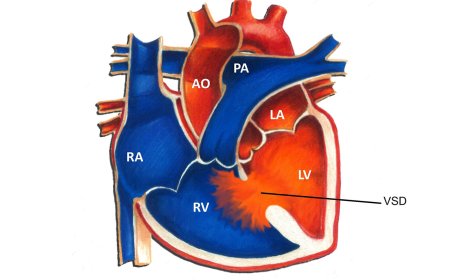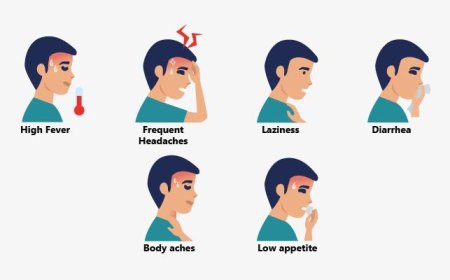AIDS ( Acquired Immunodeficiency Syndrome)- HIV
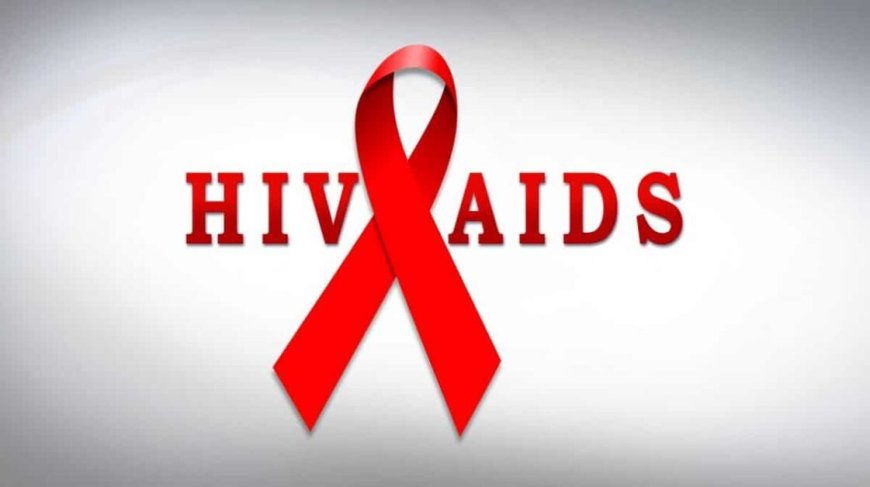
Introduction:
In the diverse and vibrant land of India, where cultures and traditions blend harmoniously, there is a hidden enemy that affects many people. This enemy is known as HIV/AIDS, and today, we will unveil its mysteries. We will explore its signs and symptoms, what it is, how it's classified, what causes it, risk factors, different types, diagnostic tests, treatments, complications, and some simple ways to prevent HIV/AIDS. So, let's join hands and unite against this sneaky virus!
Sign and Symptoms:
HIV/AIDS is a tricky virus that doesn't show immediate signs, but as it progresses, it can lead to some common symptoms like:
- Frequent infections, like getting sick often with colds or flu.
- Rapid weight loss, like losing weight without trying.
- Chronic fatigue, like feeling tired all the time, even after rest.
What Is AIDS (Acquired Immunodeficiency Syndrome)- HIV? :
HIV is like a tiny superhero that attacks our immune system, which is our body's defense system against germs. It stands for Human Immunodeficiency Virus. When this virus enters our body, it can weaken our immune system over time, and if left untreated, it can lead to a condition called AIDS, which stands for Acquired Immunodeficiency Syndrome.
How Is AIDS (Acquired Immunodeficiency Syndrome)- HIV Classified? :
HIV/AIDS is classified based on the stage and progression of the infection. Some common classifications include:
- HIV Infection: This is the early stage when the virus enters the body, and there may not be any visible symptoms.
- Symptomatic HIV Infection: In this stage, people may experience symptoms like frequent infections or fatigue.
- AIDS: This is the advanced stage when the immune system is severely damaged, and the body is unable to fight off infections.
Causes and Triggers:
HIV is mainly spread through contact with certain body fluids, like blood, semen, or breast milk, from an infected person. Some common causes and triggers for HIV/AIDS in India include:
- Unprotected Sex: When people engage in sexual activities without using protection, they are at risk of getting infected with HIV.
- Sharing Needles: People who use needles for injecting drugs can get infected if they share needles with an infected person.
Risk Factors with Examples:
Certain factors can make someone more likely to get infected with HIV, just like some kids might be more likely to catch a cold when they stay up late. Some risk factors include:
- Unprotected Sex: Engaging in sexual activities without using condoms increases the risk of HIV transmission.
- Injecting Drugs: People who use needles to inject drugs are at higher risk if they share needles with others.
Types of AIDS (Acquired Immunodeficiency Syndrome)- HIV with Detailing for Each Type:
HIV/AIDS affects people differently, and it can progress at different rates in different individuals. Some common types of HIV/AIDS include:
- Asymptomatic HIV Infection: This is when the virus is present in the body, but there are no visible symptoms.
- Symptomatic HIV Infection: In this stage, people may experience symptoms like frequent infections or fatigue.
- AIDS: This is the advanced stage when the immune system is severely damaged, and the body is unable to fight off infections.
Diagnostic Tests and Treatments:
To diagnose HIV, doctors use special tests to check for the presence of the virus in the blood. Some common tests include:
- HIV Antibody Test: This checks for the presence of antibodies against HIV in the blood.
- Viral Load Test: This measures the amount of virus in the blood.
Complications of AIDS (Acquired Immunodeficiency Syndrome)- HIV and Prevention Techniques:
If not managed properly, HIV/AIDS can lead to severe complications and weaken the immune system, making it difficult for the body to fight infections. To prevent HIV/AIDS, kids should avoid behaviors that may put them at risk, such as engaging in unprotected sex or sharing needles.
HIV/AIDS might be a sneaky virus, but with the right knowledge and actions, we can protect ourselves and support those affected. Just like we stand united against challenges, we can work together to prevent HIV/AIDS and create a healthier and happier India. By staying informed, practicing safe behaviors, and showing kindness and compassion to those affected, we can build a stronger and more caring community for all. Let us be the superheroes in this fight against HIV/AIDS!
What's Your Reaction?























